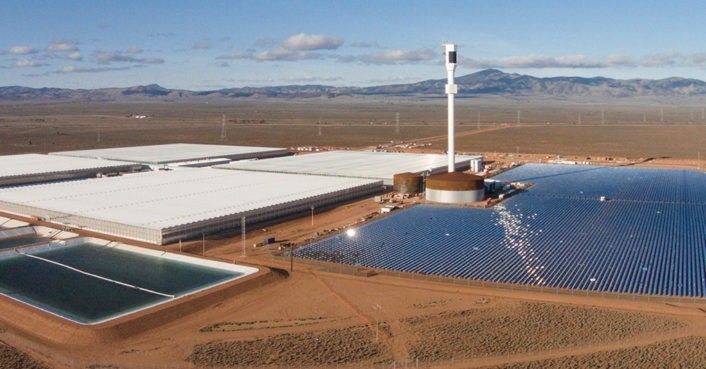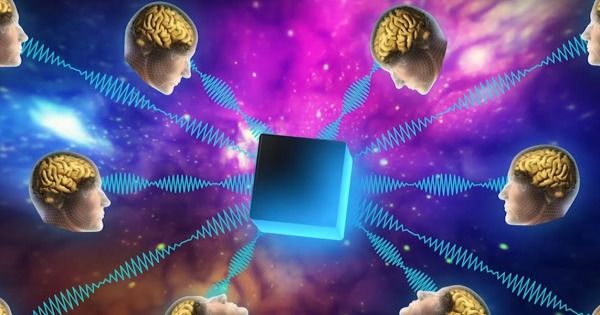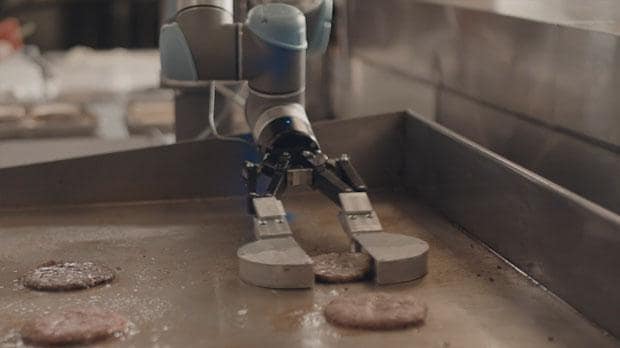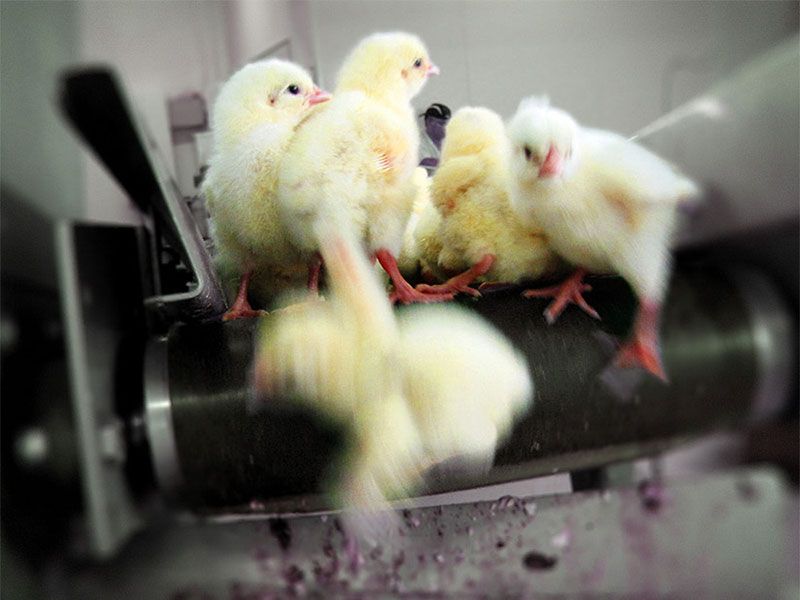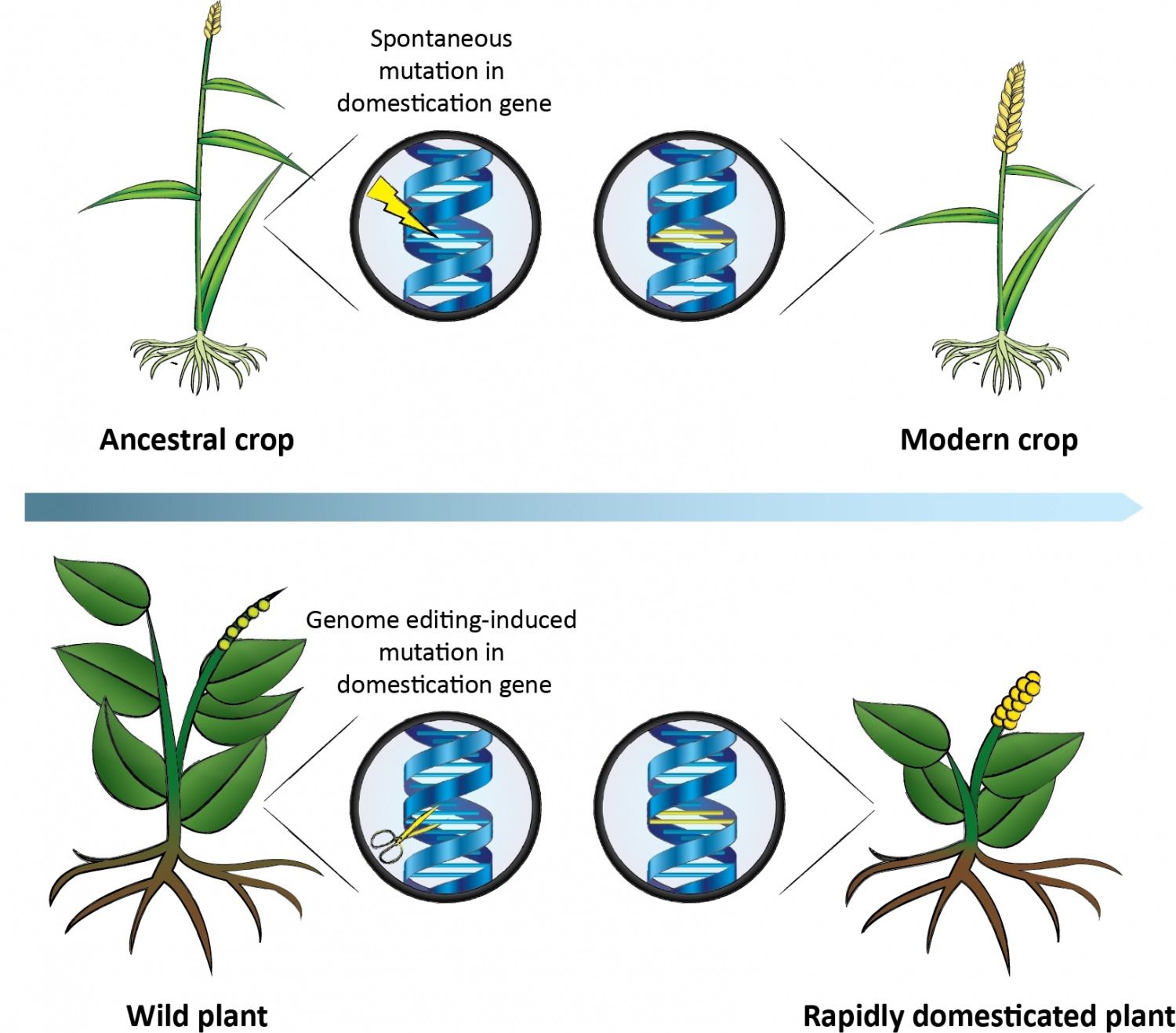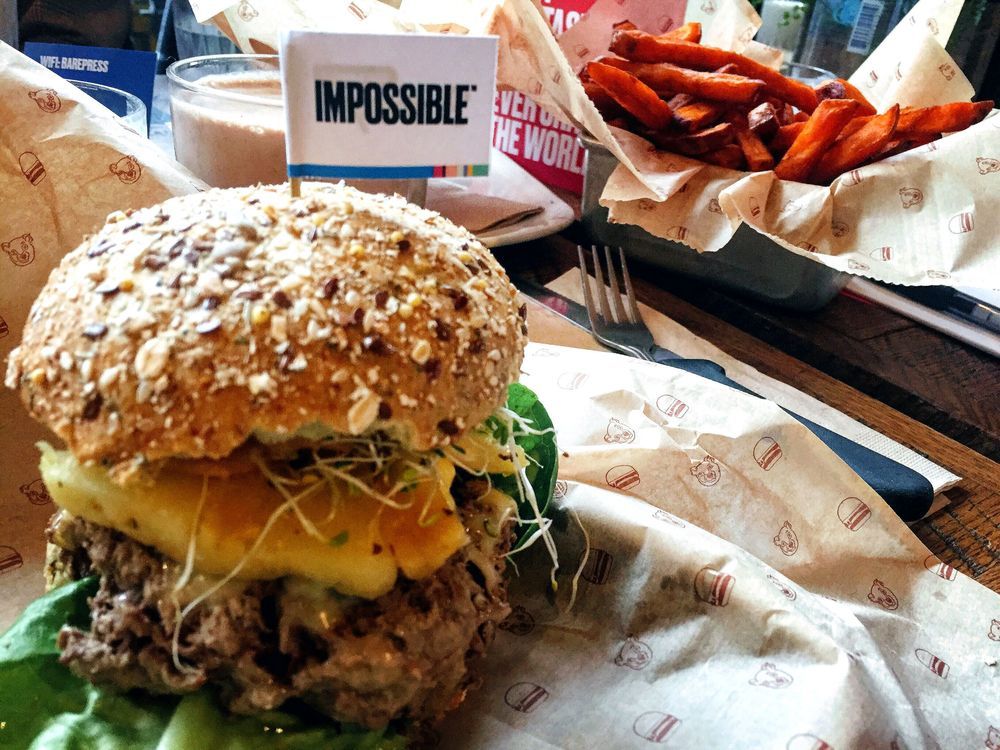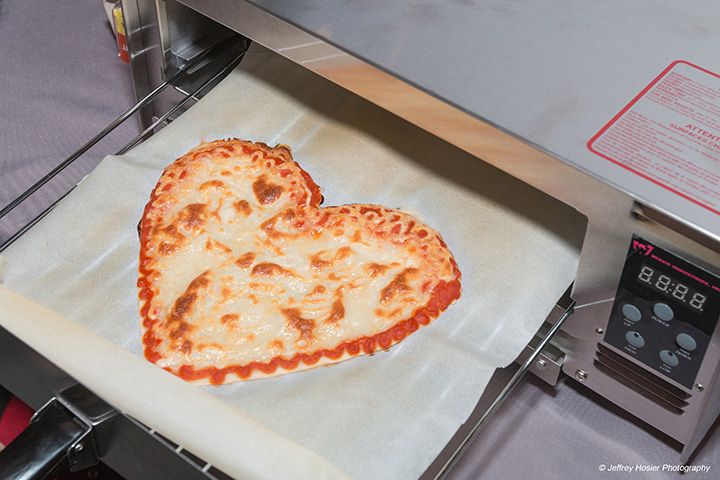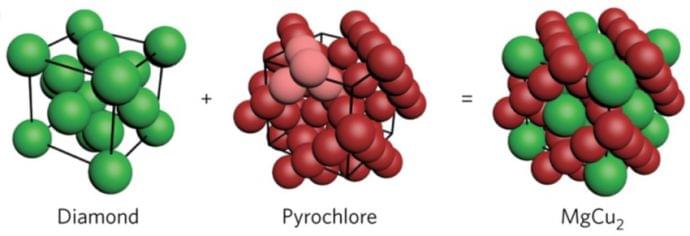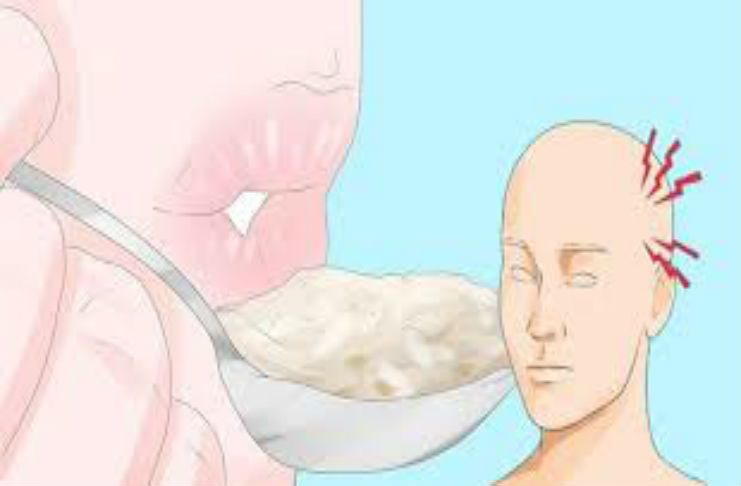Archive for the ‘food’ category: Page 291
Mar 11, 2017
Hacking the Human Brain—New Tech Could Make It a Reality
Posted by Shane Hinshaw in categories: food, government, health, military, mobile phones, neuroscience
In Brief
- Your thoughts are your own, right? Perhaps not. New technology is bringing that day closer when the unscrupulous may actually be able to hack human thoughts.
- It raises a number of new ethical concerns for this brave new world we’re entering with each rotation of the Earth.
Everyone is familiar with the concept of hacking. It is why we all strive to protect our computers and smartphones from nefarious outside sources trying to break in to steal information, implant malware, etc. Hackers pose a threat to everyone from teenage smartphone users to the computer databases of government organizations. Hacking is a threat that we are all familiar with, and something that many know how to protect against. But, as the line between science and science fiction blurs, even hacking is getting a futuristic upgrade. Recently, at the Enigma Security Conference, University of Washington researcher and lecturer Tamara Bonaci revealed technology that could be used to essentially “hack” into people’s brains.
She created this technology around a game called Flappy Whale. While people played the game, the technology was able to covertly extract neural responses to subliminal imagery in the game like logos, restaurants, cars, etc. Now, hacking into people’s underlying feelings and thoughts about seeing a fast food restaurant doesn’t seem like it could cause much harm, but this technology has the potential to gather much more intimate information about a person like their religion, fears, prejudices, health, etc. This technology could evolve from an interesting way to understand human response to a military device. The possibilities range from an incredibly useful research tool to a potentially frightening interrogation device.
Continue reading “Hacking the Human Brain—New Tech Could Make It a Reality” »
Mar 11, 2017
Burger-flipping robot replaces humans on first day at work
Posted by Dan Kummer in categories: food, robotics/AI
A burger-flipping robot has just completed its first day on the job at a restaurant in California, replacing humans at the grill.
Flippy has mastered the art of cooking the perfect burger and has just started work at CaliBurger, a fast-food chain.
The robotic kitchen assistant, which its makers say can be installed in just five minutes, is the brainchild of Miso Robotics.
Continue reading “Burger-flipping robot replaces humans on first day at work” »
Mar 6, 2017
Germany Becomes The First Nation To Ban ‘Chick Shredding’
Posted by Shailesh Prasad in category: food
Newly developed technology will determine the sex of each fertilized egg before the chick inside develops – enabling the removal of all male-identified eggs from the hatchery. This will eliminate the industry’s need to heartlessly grind male chicks once hatched.
Did you know? Every year, millions of tiny male chicks are ground up alive or suffocated because they don’t lay eggs. The little guys aren’t considered ‘commercially viable’ to even be raised for meat and, therefore, are brutally killed shortly after hatching.
It’s an unfortunate side effect of the commercial egg industry which few producers are open to talking about. One can understand why, as half of all chicks born into the egg industry are male – creating an enormous ethical issue.
Continue reading “Germany Becomes The First Nation To Ban ‘Chick Shredding’” »
Mar 3, 2017
Want more crop variety? Researchers propose using CRISPR to accelerate plant domestication
Posted by Germen Roding in categories: bioengineering, biotech/medical, food, genetics, sustainability
The more crops we cultivate, the less chance our food supply wil get wiped out by a disease.
Out of the more than 300,000 plant species in existence, only three species—rice, wheat, and maize—account for most of the plant matter that humans consume, partly because in the history of agriculture, mutations arose that made these crops the easiest to harvest. But with CRISPR technology, we don’t have to wait for nature to help us domesticate plants, argue researchers at the University of Copenhagen. In a Review published March 2 in Trends in Plant Science, they describe how gene editing could make, for example, wild legumes, quinoa, or amaranth, which are already sustainable and nutritious, more farmable.
“In theory, you can now take those traits that have been selected for over thousands of years of crop domestication—such as reduced bitterness and those that facilitate easy harvest—and induce those mutations in plants that have never been cultivated,” says senior author Michael Palmgren, a botanist who heads an interdisciplinary think tank called “Plants for a Changing World” at the University of Copenhagen.
Meat production gobbles up more than half of all land in use by agriculture. Shrinking this will allow us to restore nature and open up land for recreation and living. Also, the pressure on the tropical rainforests will diminish.
Silicon Valley plant-based beef from Impossible Foods is now in Bareburger at 535 LaGuardia Place in New York, its first chain restaurant.
Personalized. Clean. Fast. Consistent. Revolutionary.
BeeHex is a B2B company. We design and build commercial 3D food printers and fresh-food producing robots — all controlled by BeeHex software and mobile app. Born of a NASA project, BeeHex’s Chef3D printers and food bots streamline fresh food production with truly personalized nutrition.
Contact us today!
Feb 28, 2017
US approves 3 types of genetically engineered potatoes
Posted by Dan Kummer in categories: biotech/medical, food, genetics
BOISE, Idaho (AP) — Three types of potatoes genetically engineered to resist the pathogen that caused the Irish potato famine are safe for the environment and safe to eat, federal officials have announced.
The approval by the U.S. Environmental Protection Agency and the U.S. Food and Drug Administration late last week gives Idaho-based J.R. Simplot Company permission to plant the potatoes this spring and sell them in the fall.
The company said the potatoes contain only potato genes, and that the resistance to late blight, the disease that caused the Irish potato famine, comes from an Argentine variety of potato that naturally produced a defense.
Continue reading “US approves 3 types of genetically engineered potatoes” »
Feb 28, 2017
Researchers coax colloidal spheres to self-assemble into photonic crystals
Posted by Andreas Matt in categories: engineering, food, particle physics
Colloidal particles, used in a range of technical applications including foods, inks, paints, and cosmetics, can self-assemble into a remarkable variety of densely-packed crystalline structures. For decades, though, researchers have been trying to coax colloidal spheres to arranging themselves into much more sparsely populated lattices in order to unleash potentially valuable optical properties. These structures, called photonic crystals, could increase the efficiency of lasers, further miniaturize optical components, and vastly increase engineers’ ability to control the flow of light.
A team of engineers and scientists from the NYU Tandon School of Engineering Department of Chemical and Biomolecular Engineering, the NYU Center for Soft Matter Research, and Sungkyunkwan University School of Chemical Engineering in the Republic of Korea report they have found a pathway toward the self-assembly of these elusive photonic crystal structures never assembled before on the sub-micrometer scale (one micrometer is about 100 times smaller than the diameter of a strand of human hair).
The research, which appears in the journal Nature Materials, introduces a new design principle based on preassembled components of the desired superstructure, much as a prefabricated house begins as a collection of pre-built sections. The researchers report they were able to assemble the colloidal spheres into diamond and pyrochlore crystal structures — a particularly difficult challenge because so much space is left unoccupied.
Continue reading “Researchers coax colloidal spheres to self-assemble into photonic crystals” »
Feb 26, 2017
10 Dangerous Brain-Damaging Habits to Stop Immediately
Posted by Karen Hurst in categories: biotech/medical, food, neuroscience
Need a new excuse for not working too late and or studying to hard well you have one as it can create brain damage.
The only organ in our body that ‘thinks’ is often the one we think the least about.
Our brain is the single most important organ in our body, controlling everything we do, from breathing, walking, eating, sleeping, etc. It’s the central processor for all our bodily functions, the part that interprets what we see and hear, smell and taste, and even a place where the chemical reaction associated with love occurs.
Continue reading “10 Dangerous Brain-Damaging Habits to Stop Immediately” »
